Fallout from the Church’s new document on blessing “irregular relationships” continues
By Christina Deardurff
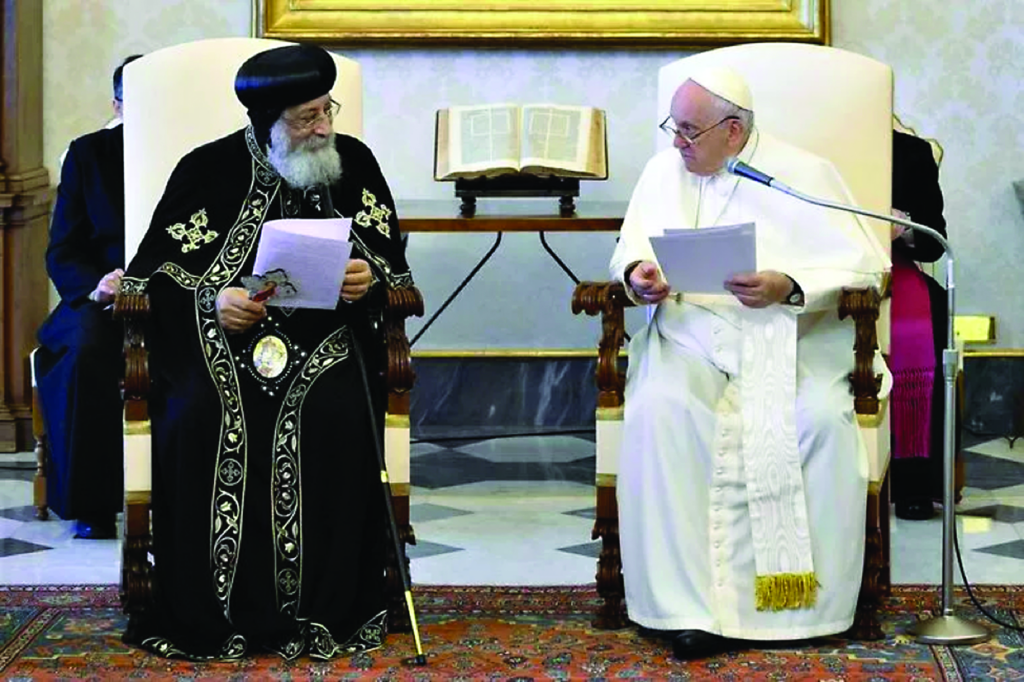
Coptic Orthodox Pope Tawadros, 71, and Pope Francis, 87, at a Vatican meeting a year ago, May 11, 2023
The declaration Fiducia Supplicans, released just a week before Christmas of 2023 by the Vatican’s Dicastery for the Doctrine of the Faith, is producing fallout around the world as priests and bishops have begun to implement it.
For example: on February 19, Uruguayan actor and comedian Carlos Perciavalle, 82, and Jimmy Castilhos, 47, his partner and longtime producer, were “married” in a civil ceremony.
Perciavalle and Castilhos then asked to receive a blessing.
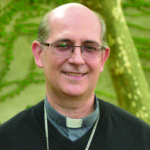 “It took a few days to be able to make the pertinent consultations,” said the local bishop, Bishop Milton Troccoli, who consulted with the apostolic nunciature in Uruguay on how to proceed. The nunciature responded, Troccoli said, saying that “the blessing had to be given, since there was a document signed by the Pope, and that we should proceed accordingly.”
“It took a few days to be able to make the pertinent consultations,” said the local bishop, Bishop Milton Troccoli, who consulted with the apostolic nunciature in Uruguay on how to proceed. The nunciature responded, Troccoli said, saying that “the blessing had to be given, since there was a document signed by the Pope, and that we should proceed accordingly.”
Despite the fact that the document Fiducia Supplicans itself affirms that the final decision is up to the local bishop, this bishop felt the need to ask for guidance from the Holy See — and the answer seemed to be that in the final analysis, he had no choice but to confer the blessing. What does this mean for the autonomy, built into the structure of the Church since its beginning 2,000 years ago, of each bishop?
“Pope Francis wanted to please Europeans, but for us, it is heresy.” —Coptic Orthodox official
Leaving bishops vulnerable
Fiducia Supplicans has changed the landscape for local priests and bishops in more ways than one. It has now deprived those who may decide to refuse even one request of people in an “irregular” relationship for a blessing — and, perhaps, for other liturgical or quasi-liturgical actions — of the legal defense they may have had by an appeal to previously ironclad Church teaching.
Certainly, it has paved the way for grassroots persecution of priests who decline such a request for any reason: “We end up being called reactionary… hateful priests, or disobedient to the Holy Father,” said Fr. Joseph Black on X.
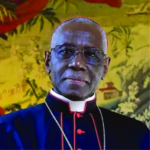 Meanwhile, entire bishops’ conferences in Africa have refused to accept Fiducia Supplicans — and many bishops elsewhere as well. Guinean Cardinal Robert Sarah, 78, former Prefect of the Congregation for Divine Worship and the Discipline of the Sacraments, was “very proud to hear the African bishops rejecting completely this text.”
Meanwhile, entire bishops’ conferences in Africa have refused to accept Fiducia Supplicans — and many bishops elsewhere as well. Guinean Cardinal Robert Sarah, 78, former Prefect of the Congregation for Divine Worship and the Discipline of the Sacraments, was “very proud to hear the African bishops rejecting completely this text.”
“And not only the African bishops but many in Europe, in Kazakhstan, in Poland, refused, because the document has no scriptural basis, no theological basis,” concludes Cardinal Sarah.
Relations with the Orthodox
The Holy Synod of the Coptic Orthodox Church of Alexandria announced on March 7 its momentous decision “to suspend the theological dialogue with the Catholic Church, re-evaluate the results that the dialogue has achieved since its beginning twenty years ago, and establish new standards and mechanisms for the dialogue to proceed.”
The catalyst for the decision to suspend its two-decadeslong doctrinal dialog, however, was the publication of Fiducia Supplicans.
“The text is unacceptable, as is the explanation later provided by the Vatican,” said an aide to Coptic Pope Tawadros. “Pope Francis wanted to please Europeans, but for us, it is a huge heresy,” the aide pointed out.
Fiducia and peace efforts in Ukraine
As noted by Vaticanist John Allen in late February, while Pope Francis and his Vatican have repeatedly offered to help broker a peace agreement of some sort between Russia and Ukraine, nothing has so far come of it. Allen suggests that the chilly reception of Fiducia Supplicans among the Russian Orthodox hierarchy is likely to hinder, rather than help, Russia’s welcoming of such a move.
The Synodal Biblical-Theological Commission of the Moscow Patriarchate, according to a February 20 statement posted on its website, noted that the Commission had examined Fiducia Supplicans and determined by unanimous conclusion that “this innovation reflected a sharp departure from Christian moral teaching.”
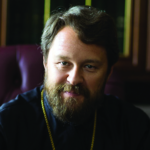 The statement followed an earlier interview with Metropolitan Hilarion Alfeyev of Budapest, former “number two” official in the Russian Orthodox church, head of the commission that studied Fiducia and not an anti-Rome “hardliner” like some of his confreres.
The statement followed an earlier interview with Metropolitan Hilarion Alfeyev of Budapest, former “number two” official in the Russian Orthodox church, head of the commission that studied Fiducia and not an anti-Rome “hardliner” like some of his confreres.
In the interview, Hilarion referred to the document as “a kind of shock.”
“Everyone now will believe that the Church blesses homosexual couples,” he said, insisting that the document thereby “deceives those who receive such a blessing and those who witness it.”
Poisonous fruit
In a December 29, 2023 article in Crisismagazine.com, writer Richard Spinello posits that Fiducia Supplicans is a logical outgrowth of the “principles and premises articulated in the apostolic exhortation Amoris Laetitia.”
“Following the decadent path of moral theology of the 1970s,” says Spinello, “Amoris Laetitia misconstrues God’s authoritative commands as ‘rules’ that express ‘ideals’ to which we should all aspire. It ignores the fact that some of these commands, such as the divine prohibition against adultery, allow for no exceptions.”
Amoris Laetitia, however, insists that it is not possible for all Catholics to follow these “rules,” especially in the sexual realm. Although it refers to “the ideal of marriage, marked by a commitment to exclusivity and stability” (34), it also says that this “ideal” is beyond the abilities of some Catholics who are “not in a position… to fully carry out the objective demands of the law” (295).
“A subject may know the rule, yet… be in a concrete situation which does not allow him or her to act differently and decide otherwise (301),” writes the Pope.
“Sin is conceived not so much as an offense against God,” Spinello concludes, “but as a falling short of aspirations… It follows from this new theology that same-sex couples merit the Church’s blessing, since their only fault is failing to live up to moral ideals that are often too burdensome.”
Victory dance at St. Patrick’s?
A funeral for a locally famous transgender activist man, known by the moniker Cecilia Gentili, took place at New York City’s St. Patrick’s Cathedral on February 16.
The affair drew more than a thousand attendees and included a veritable parade of transgender and openly homosexual mourners up in the sanctuary, taking turns praising the deceased — a self-described atheist — and his “LGBTQ” activism from the lectern and occasionally calling him “St. Cecilia.”
At one point, during a rendition of the hymn “Ave Maria,” an attendee emerged from the pews and danced around the coffin and down the aisle singing “Ave Cecilia.”
The cathedral’s staff was apparently taken by surprise and on the spot decided to substitute a funeral “service” for the originally planned Mass.
Although at first glance this unfortunate incident might seem to bear little resemblance to the kind of quiet, “simple” blessings of homosexual couples advocated by Fiducia Supplicans, Catholic commentator at The Stream John Zmirak maintains that the St. Patrick’s debacle was in fact a “victory dance” of the gay and “trans” communities over the inert body of Catholic moral teaching – the victim having been slain by Fiducia Supplicans.
In fact, while Church officials insist that Fiducia does not entail or even imply any change in Church teaching on homosexuality or transgenderism, LGBT activists themselves seem to interpret it quite differently.
“Equivalent to marriage”
DignityUSA, a global organization of LGBTQ+ Catholics and allies, celebrated the document, which it called “an important recognition that (same-sex) relationships can be holy.”
Marianne Duddy-Burke, the executive director, noted that Fiducia is another step in a long journey to full equality and affirmation of same-sex relationships: “Significant majorities of Catholics in many countries already believe that same-sex couples’ relationships are holy, blessed, and equivalent to marriage,” she said. “It may take time, but we fully expect that the official Church will achieve this recognition, as well.”
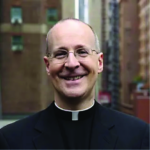
 Even Fr. James Martin, SJ, renowned LGBTQ-friendly priest and papal associate, though he has more tempered praise for Fiducia, seems to contradict the claim of Cardinal Victor Fernández, head of the Dicastery for the Doctrine of the Faith and the author of Fiducia, that the priestly blessings it approves are for the individuals in irregular relationships and not the relationships themselves.
Even Fr. James Martin, SJ, renowned LGBTQ-friendly priest and papal associate, though he has more tempered praise for Fiducia, seems to contradict the claim of Cardinal Victor Fernández, head of the Dicastery for the Doctrine of the Faith and the author of Fiducia, that the priestly blessings it approves are for the individuals in irregular relationships and not the relationships themselves.
Fr. Martin remarks that, “We should note that this phrase is in the document: ‘same-sex couples.’ So, it is not merely two people who happen to be standing together in front of a priest, but a couple.”

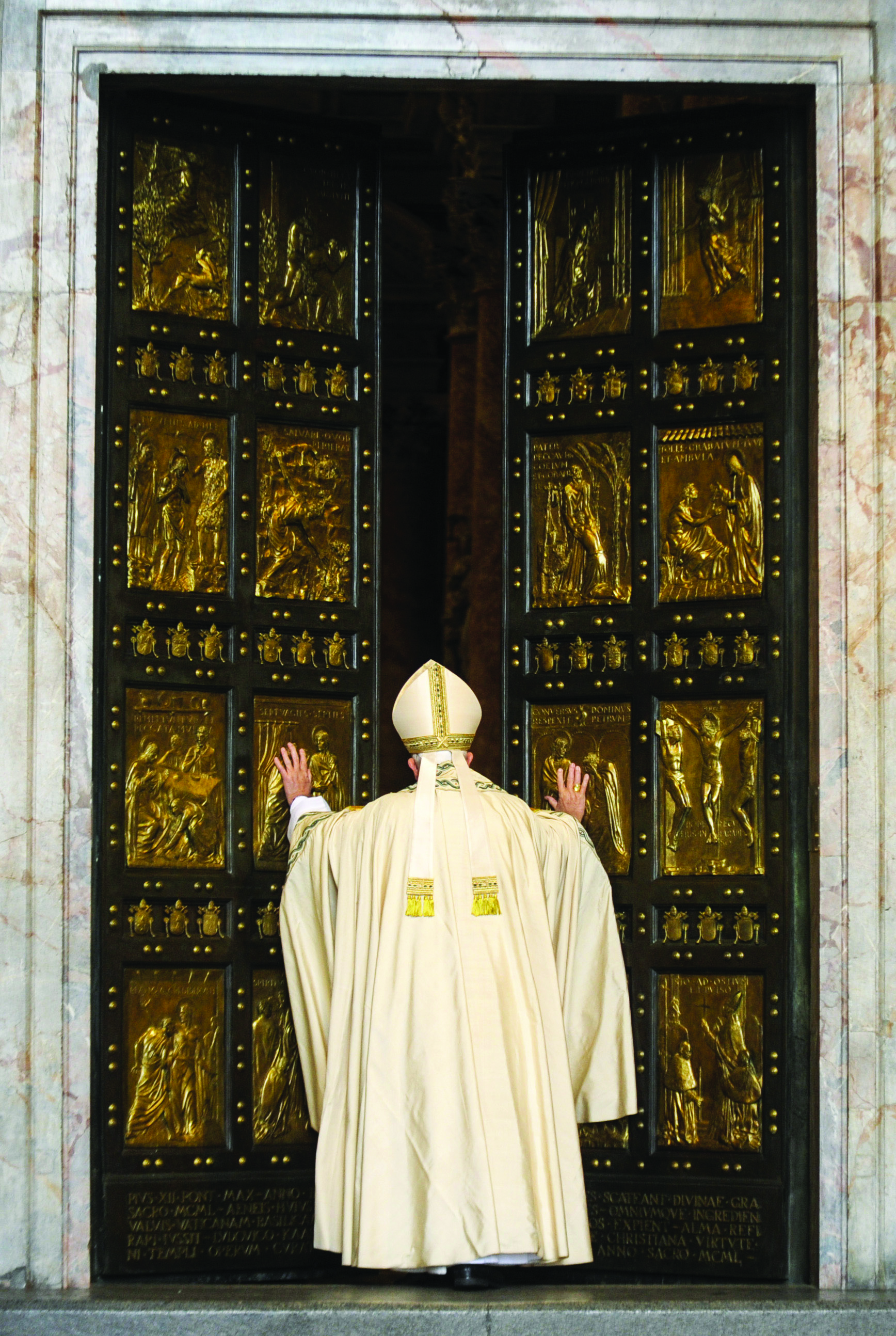


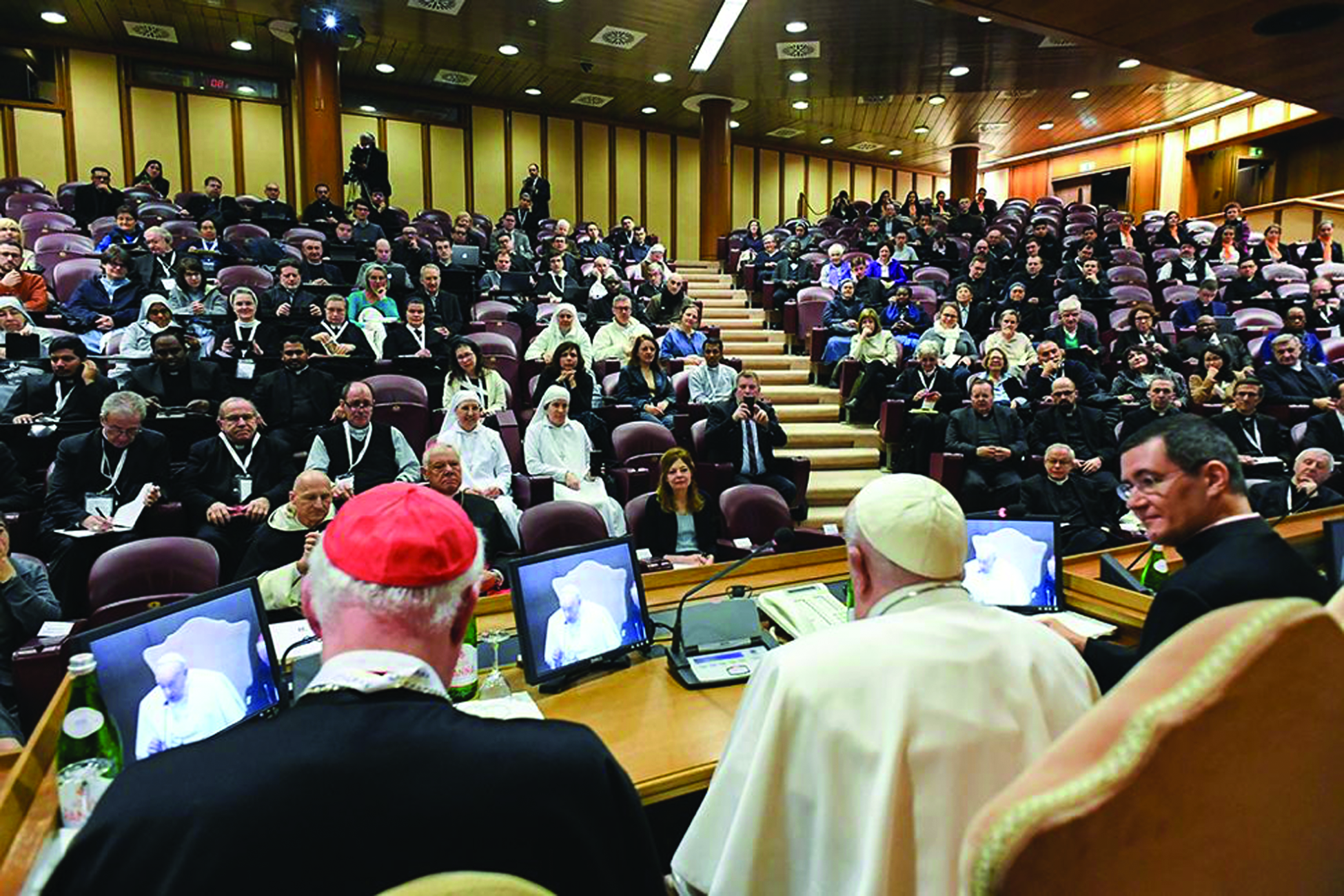

Facebook Comments